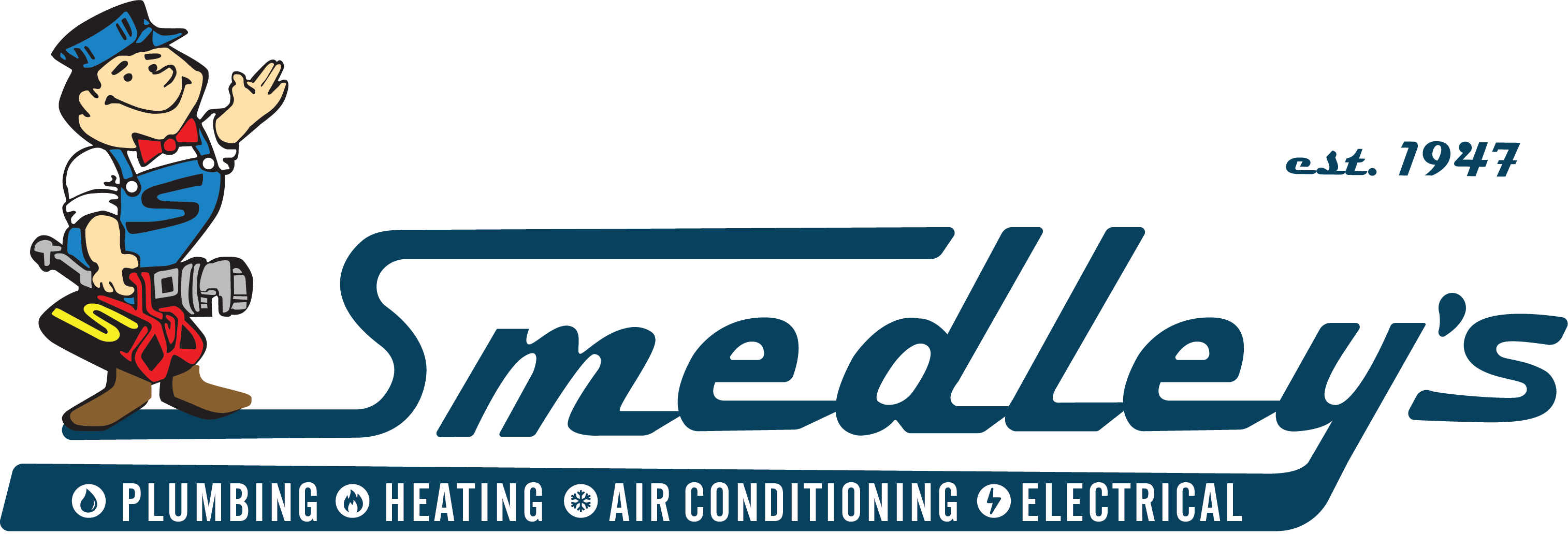
Humidity is an important aspect of keeping your air conditioning running optimally. The weather around Layton is pretty constantly dry, which helps keep mold and mildew under control. But how does this affect how your air conditioner runs, and what can do you do about it?
Differences in Humidity Measurement
To fully understand humidity’s effect on your air conditioning, it is helpful to understand a little about what it is and how it’s measured. Almost everyone knows that humidity is the measure of moisture in the air.
If you watch the weather, you hear the humidity reported as a percentage. This is known as relative humidity. It reports how much moisture is in the air compared to how much it could hold.
Air temperature directly affects how much moisture the air can hold. As the temperature increases, so does the amount of moisture it can hold. When the temperature decreases, the air holds less, which is what causes dew overnight.
The actual amount of moisture in the air is called absolute humidity. It is measured in grams of water per cubic meter of air.
The EPA suggests 30% to 50% relative humidity is ideal for indoor spaces. Let’s discuss why that is and what happens when it is higher or lower.
What Humidity Does to Air Contaminants
Humidity influences air quality by changing how long contaminants stay in the air and sometimes adding more contaminants to it. The primary concern around Layton is how the dryness affects these particles.
As mentioned, the EPA suggests the minimum ideal humidity is 30%. However, humidity around the Salt Lake area is more commonly at 0%.
These extremely dry conditions lead to the airborne particles being lighter and remaining airborne longer. This leads to your air filters getting clogged more quickly. It also allows more particles to get past your air filters to settle on your circulating fan and evaporator coil.
These extra contaminants cause reduced airflow through your system, making it run longer to achieve your desired temperature. They also create a form of insulation on your evaporator coil, preventing the refrigerant from absorbing heat.
The Affect of Humidity on Your Home
Humidity also directly affects the things in your home, adding to the particulates floating around the air. The dryness of the area causes wood and leather to dry out, crack, and allow particles to break off. The same is true for your skin, leaving you needing lotion and adding even more contaminants to the air.

This is why the EPA recommends the humidity range of 30% to 50%. It is dry enough to keep spores from taking hold and reproducing. However, it is humid enough to weigh down airborne particles, so they do not keep circulating around your home.
How Humidity & AC Collide
The biggest part of how air conditioning and humidity interact is the dehumidifying effect AC has on the air. The warmer the air, the more moisture it will hold. As air passes over the cold evaporator coil, the sudden temperature drop causes moisture to condense from the air.
In an already dry environment, this causes even what little moisture there is to condense. This is why doing something to add humidity to your air is important, regardless of whether it is summer or winter.
Controlling Humidity
The best method for adding humidity to the air is through some kind of humidifier device. Most of us know about the units can you purchase and set up in a room. These are great if you need to add some humidity to one room because of congestion or some acute need.
However, trying to use these around your home to control overall humidity is challenging. First, you have to continue to refill each unit. Additionally, the summer heat makes these the perfect place for growing various biological contaminants, further eroding indoor air quality.
They also make controlling the humidity level difficult. As you run the units, it is easy to cause the relative humidity of a single room to quickly climb.
All of these are why using a whole-house humidifier a perfect solution for the environment around Layton. They only run when the HVAC system runs, allowing for natural breaks for the humidity levels to settle. They also require much less attention but provide the right moisture to the entire home, creating balanced humidification.
Since 1947, people around Layton have turned to Smedley Service for help controlling indoor air quality, including humidity. Our team also provides expert heating replacement, cooling installation, furnace maintenance, AC repair, and a full range of plumbing services. Call to schedule your consultation with one of our indoor quality specialists today.





